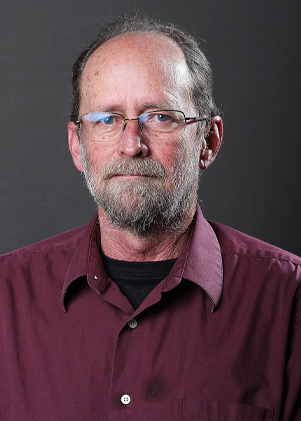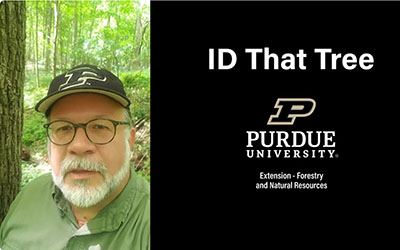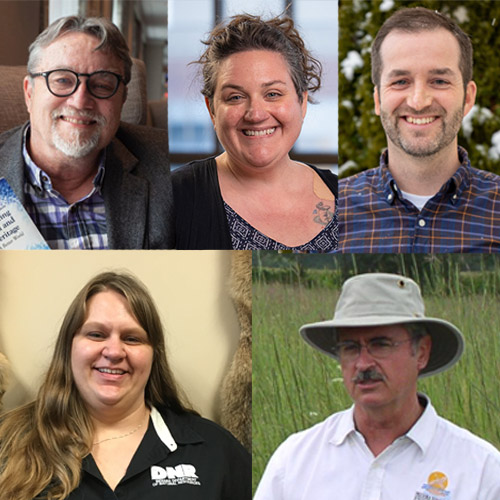Dr. Paul Brown, Aquaponics Research Featured on YouTube Series
Have you heard of aquaponics, aquaculture, and hydroponics and wanted to know more?
Aquaponics, a rapidly growing industry in the United States, is the use of aquaculture (the practice of growing fish in tanks), and hydroponics (the practice of growing plants in the soilless environment), in order to create a cooperative living environment.
Dr. Paul Brown, professor of fisheries and aquatic sciences, is on the Board of Governors for the Aquaponics Association and also serves as the research director for the Association. The Aquaponics Association began as an endeavor in the United States but has expanded, absorbing the European Aquaponics Association in December 2020.
Brown was recently interviewed by Jon Reyes, Communications Director for the Aquaponics Association, as part of the People of Aquaponics series on the Aquaponics AI YouTube channel. Brown spoke about the future of aquaponics, aquaculture, and fish feed.
Brown discussed the need for alternative methods of supplying food for the world in the next 30 years and aquaculture as a potential way to fill that need for an eco-friendly food production system. He also discussed the history of aquaculture, the future of the industry, his current research projects, and more.
Brown and graduate research assistant Peng Chen recently published a paper, “Comparative Life Cycle Assessment of Aquaponics and Hydroponics in the Midwestern United States” in the Journal of Cleaner Production comparing the environmental and economic impacts of aquaponics and hydroponics systems.
Brown and graduate research assistant Yu-Ting Chu published “Evaluation of Pacific Whiteleg Shrimp and Three Halophytic Plants in Marine Aquaponics Systems Under Three Salinities”, in the special Aquaculture and Environmental Impacts issue of Sustainability. This paper broke down an experiment looking at how the growth performance of the shrimp as well three plants – red orache (mountain spinach), okahijiki (land seaweed), and minutina (buck's horn plantain) were affected by the different salinities. This research aimed to further develop marine aquaponics, by seeing how salinity affected the growth performance of both the aquatic animal and salt-tolerant plants.
Additional information on aquaculture can be found in publications by Illinois-Indiana Sea Grant.
Aquaculture Marketing Outreach Associate Amy Shambach and Bob Rode, lab manager of the Purdue Aquaculture Research Lab, will be hosting an FNR Ask an Expert live event titled “What is Aquaculture?”, on Facebook at noon ET on March 4.
About Aquaponics AI
Aquaponics AI is a U.S.-based social impact ag-tech company, which has developed water quality monitoring software for aquaponics operations and associated communications approaches for relaying that data to experts who can assess the system remotely. Reyes is one of the co-founders of the company.







